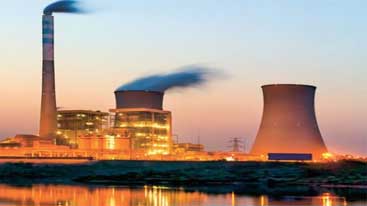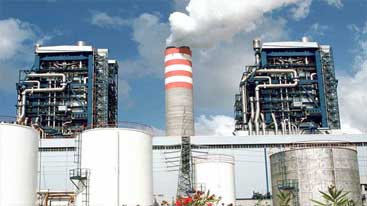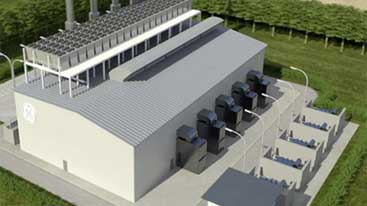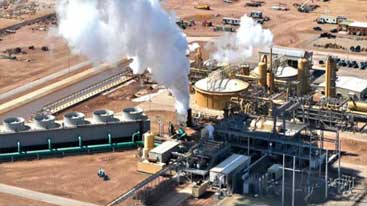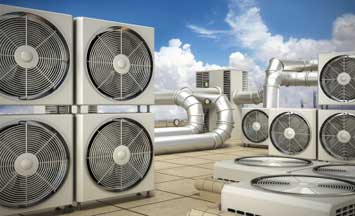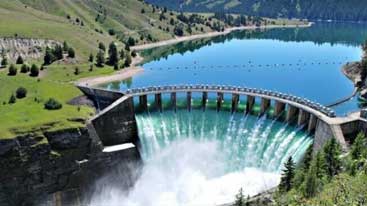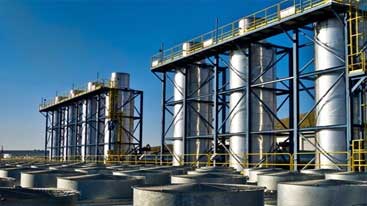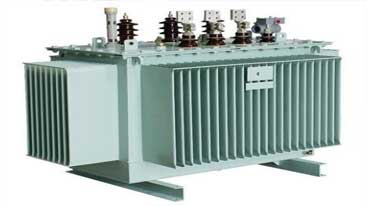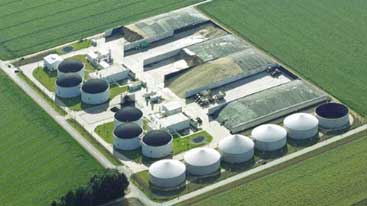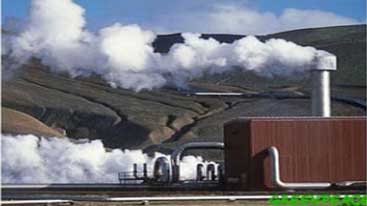Energy Applications
In Energy Applications; We serve the energy sector with our plate heat exchangers, industrial pumps and stainless flow equipment in energy recovery, power plant auxiliary cooling tasks, geothermal energy evaluations.
In energy applications, heat exchangers and pumps are often used in conjunction with each other. Here are the purposes and types of use of heat exchangers and pumps in these applications:
Intended Use of Heat Exchangers for Energy Applications
- Heat Transfer: Exchangers provide heat transfer between fluids at different temperatures. In nuclear power plants, conventional power plants, geothermal processes and combined heat and power plants, exchangers are often used in steam generators, steam boilers or cooling systems. In these systems, the energy of a high-temperature fluid is reduced and used for electricity generation or other processes.
- Mixing of Fluids: Exchangers can be used to mix different fluids or transfer heat to each other. In HVAC (Heating, Ventilation and Air Conditioning) systems, exchangers are often used for temperature control.
- Chemical Processes: In chemical processes, exchangers are often used to control reaction temperatures or cool reaction products.
Purposes and Types of Use of Pumps in Energy Applications:
 Transport of Fluids: Pumps are used to transport fluids such as liquids or gases from one point to another. In peak load stations and power applications, fuel, refrigerants or other process fluids are delivered through pumps.
Transport of Fluids: Pumps are used to transport fluids such as liquids or gases from one point to another. In peak load stations and power applications, fuel, refrigerants or other process fluids are delivered through pumps.
- Pressure Boost: Pumps are used to increase the pressure of fluids. Especially in hydroelectric power plants, pumps are used to transmit water to turbines under high pressure.
- Cooling Systems: In HVAC systems and power applications, pumps are often used for cooling. Refrigerant fluids are circulated throughout the installation with the help of a pump and cool the systems by removing heat.
- Geothermal Processes: In geothermal energy applications, pumps are often used to move hot water or steam underground to the surface.
Use of heat exchangers in nuclear power plants
For example; Nuclear power plants generally produce electricity using heat obtained from nuclear reactors. In this process, exchangers play an important role. Here are the uses and functions of exchangers in nuclear power plants:
- Steam Generators:
- In nuclear reactors, steam is produced using high-temperature water (reactor coolant) formed as a result of the nuclear fission process.
- Steam generators use the heat energy of the reactor coolant to heat the water coming from the reactor and turn it into steam. This steam is used to keep a turbine spinning.
- Exchangers are used in this heat transfer process. Reactor coolant and water coming from the reactor transfer heat through heat exchangers. In this way, while the temperature of the reactor coolant decreases, water is heated to produce steam.
- Cooling Systems:
- In nuclear reactors, temperature control is vital. In case of overheating, there is a risk of damage to the reactor or radioactive leakage.
- Exchangers are used to remove excess heat from the reactor coolant. This is usually done through a coolant cycle.
- Cooling water transfers heat from the reactor coolant through exchangers and cools by radiating this heat to its environment.
- Other Functions:
- The use of exchangers in nuclear power plants can be used to transfer heat between different systems. For example, exchangers can be used to transfer steam from a steam generator to a thermal energy storage or process heating systems.
Exchangers perform critical functions such as heat transfer and temperature control in nuclear power plants. In this way, the reactors are ensured to operate safely and efficiently, and electricity production continues continuously.
Exchangers and pumps are essential components in many energy applications and are often used together. While heat exchangers change the energy transfer and properties of fluids, pumps provide and control the movement of fluids. In this way, energy production, heating/cooling and other energy applications are carried out efficiently.
